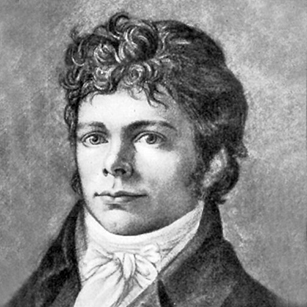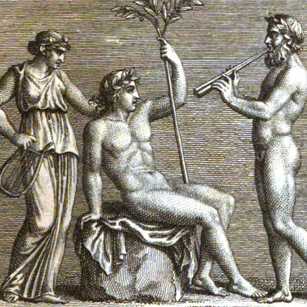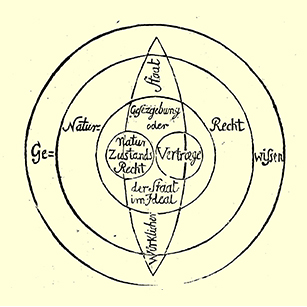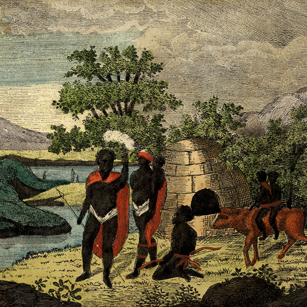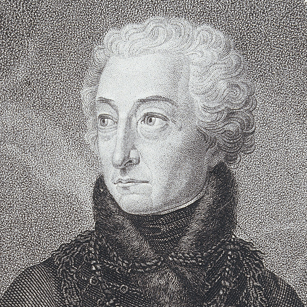Research into the patterns of the production of scientific knowledge attached to the contexts of space and time, including the great diversity of the dissemination of related social and cultural practices and of abstract contents, have in recent decades sought to reconstruct scientific knowledge by working out different models. The planned project is to be channelled into the current European discourse, whereby it is meant to reconstruct the patterns of the circulation of knowledge in Hungary between 1770 and 1830. Our planned project is meant to analyse a set circle of disciplines along the lines of the narrative of Wissenschaft vom Menschen originated with Göttingen. This narrative appears to be suitable for grasping the radical change in science history as a result of which the various fields of sciences gradually arranged themselves into a new system. This realignment which is to be explored by the planned project based on primary reasearch is clearly discernible in the instrumentalisation of seven distinctive fields of disciplines in Hungary, such as philosophy, state sciences/statistics, history, aesthetics/classical philology, medicine, ethnology/anthropology, and agronomics as part of economics. The main objective of our project is to carry out complex research into the reception and primary influence of the University of Göttingen, including some other influences – mainly of Viennese, German and English origin –, exerted on the evolvement of the above disciplines in Hungary. Furthermore, we plan to compile and publish a relevant corpus of textual and visual sources and prepare Hungarian- and English-language manuscripts of conference papers and essays for Online and print publications. Our research should contribute to integrating the complex phenomena of the circulation of knowledge in Hungary into international discourse. In addition, our model devised for describing the patterns of the circulation of knowledge in Hungary might serve as a basis for a regional, Central European model as well. It is to be hoped that our current project on account of its complex approach to methodology and contents inspires further researches into the sociology of knowledge, history of books and reading, communication and information history, and historical anthropology.




